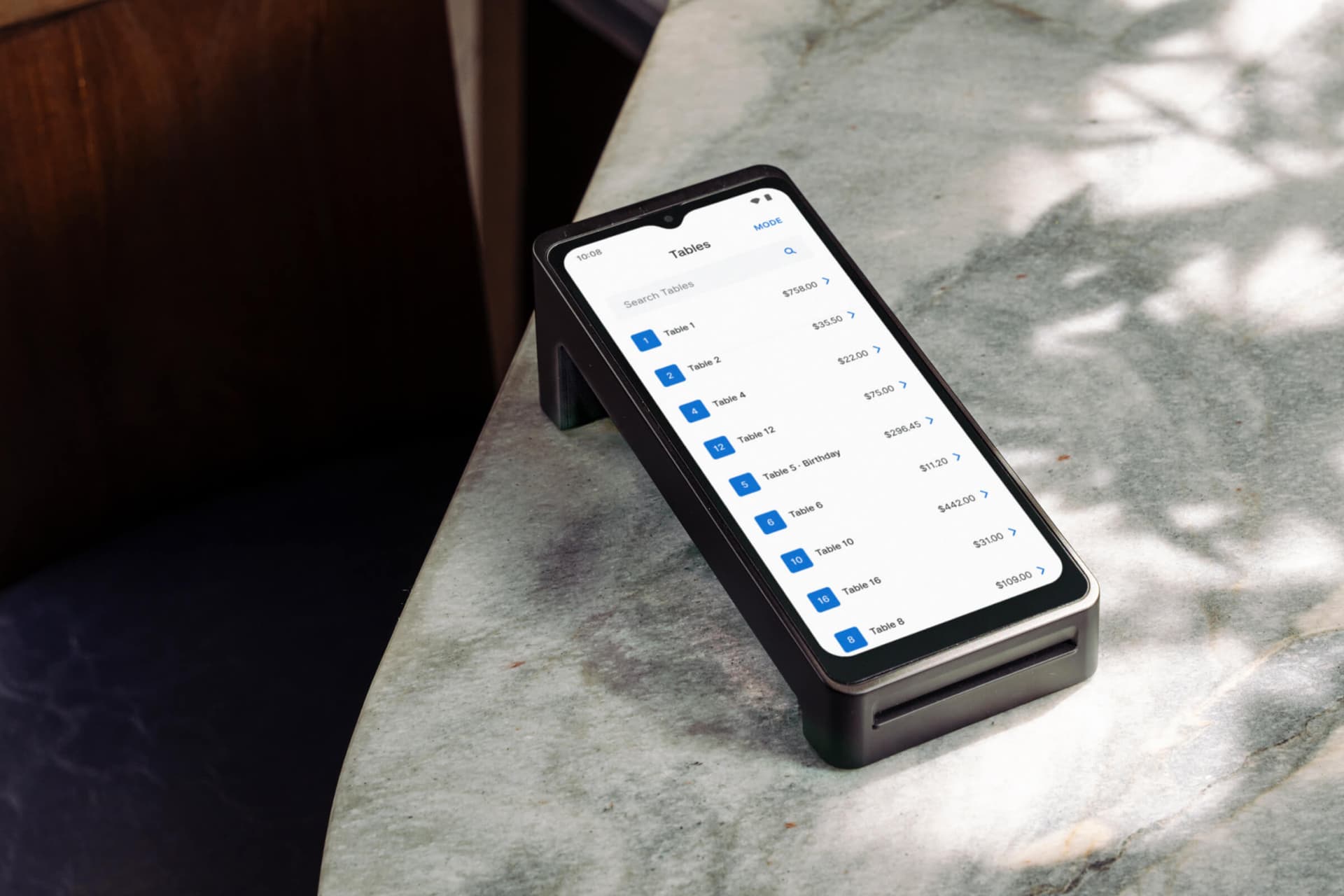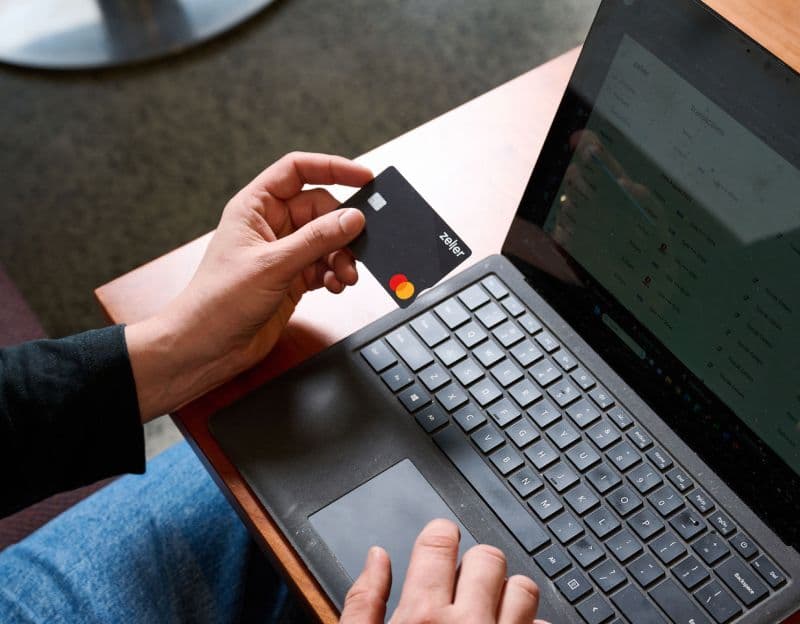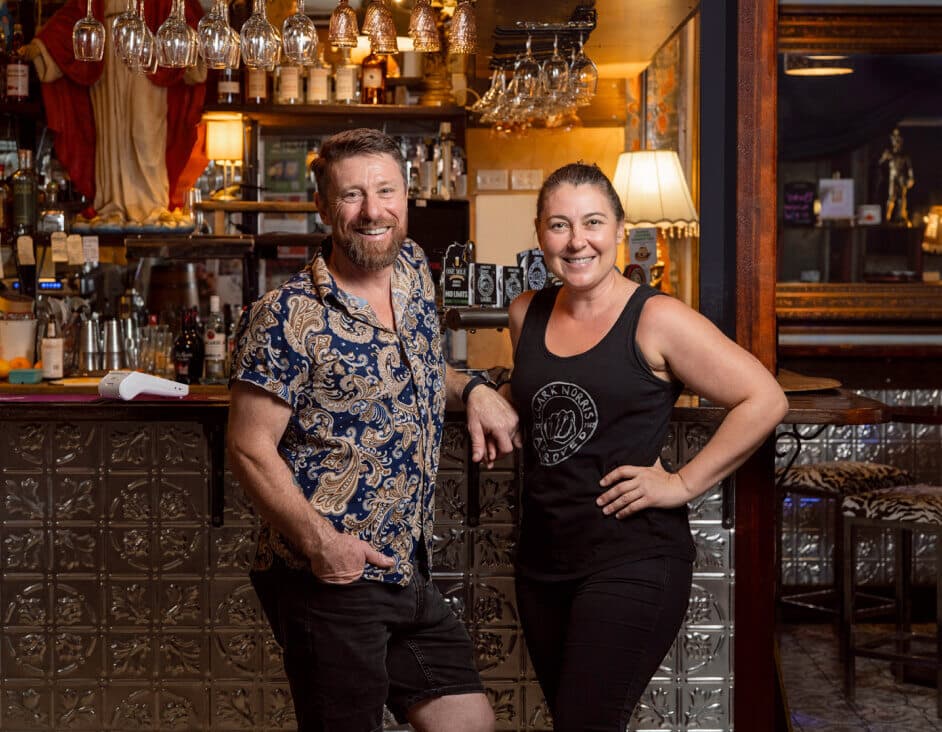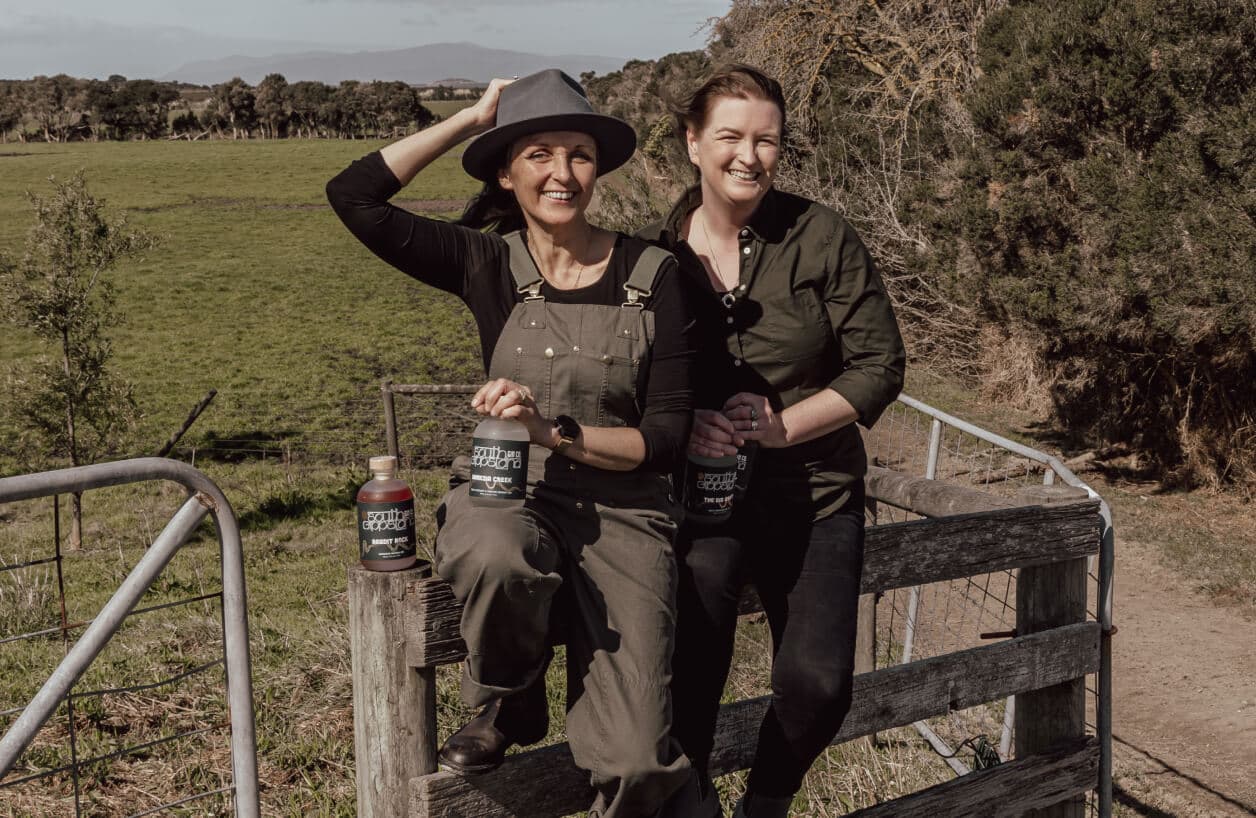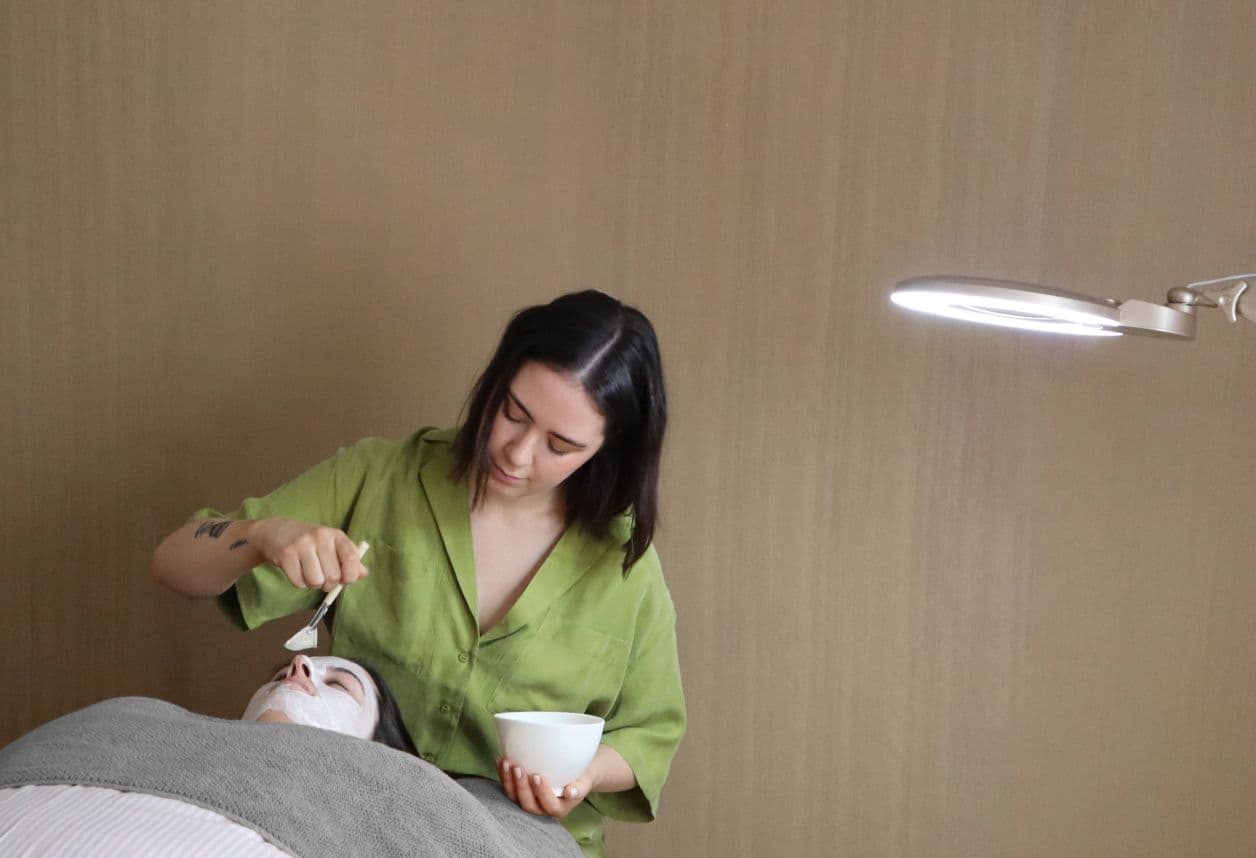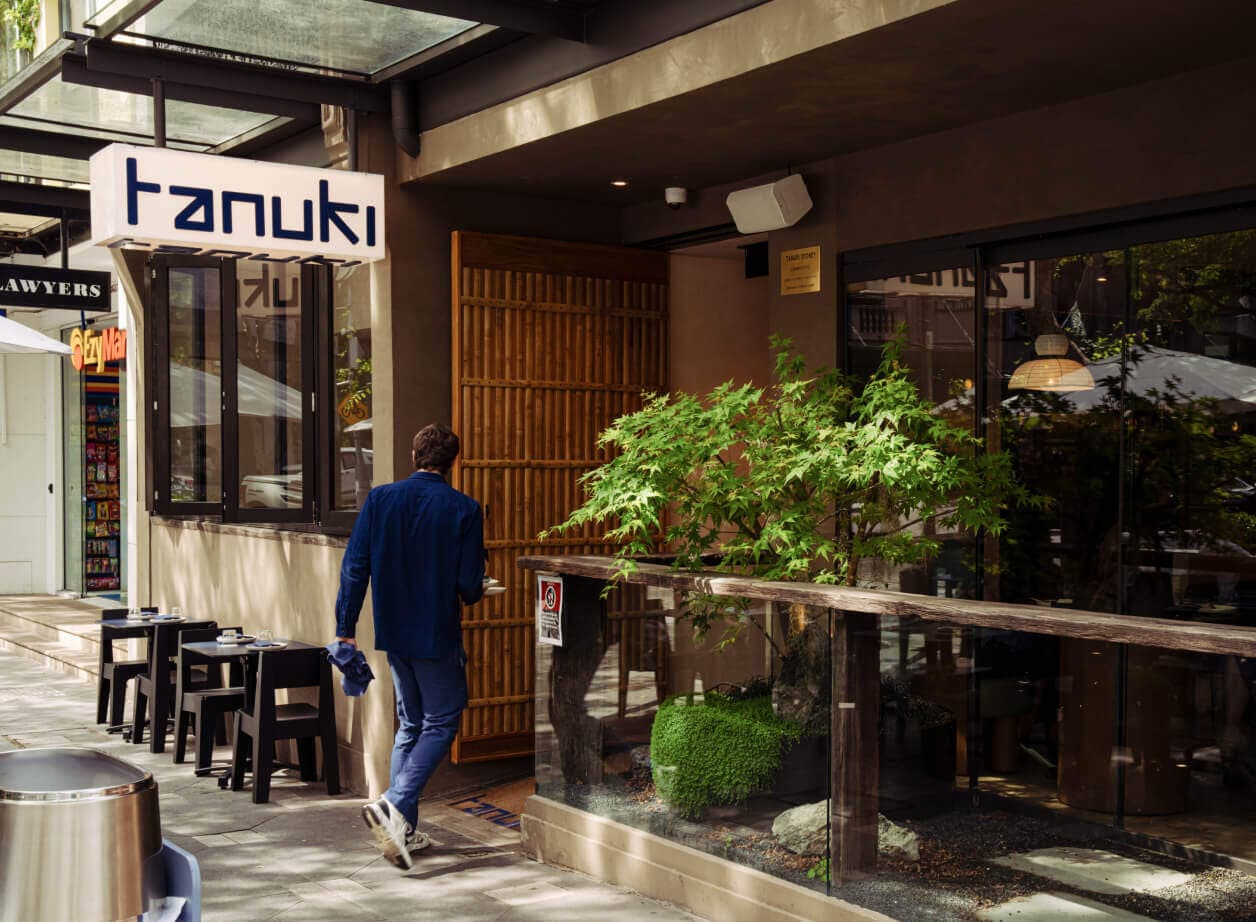
- Case Studies
The Secret to One of Sydney’s Best New Restaurants Is Free-flowing Drinks… and Data
After a 20-year career shaking and stirring behind the bar and in the boardroom of some of Sydney’s most revered venues, Joong Charpentier is today the General Manager of Tanuki. Since its opening in January 2024, the Japanese restaurant and cocktail bar has become a wildly popular haunt in the harbourside suburb of Double Bay. Drawing on his wealth of experience in fine-dining restaurants, pubs, five-star hotels, nightclubs, and bars, Joong is leading Tanuki to success with a combination of the right team and the right tech.
“My family immigrated to Sydney from Belgium in the early 90s and opened a French restaurant in Manly, so I’ve just always been around hospitality,” explains Joong Charpentier. After cutting his teeth as a kitchen hand, he worked his way up through back-of-house, front-of-house, and management, to where he is now, at the helm of Tanuki. Named after the mischievous raccoon dog, known in Japanese folklore for leading humans astray, the venue is an invitation to stay a little longer than you should. “It combines everything I love: cocktails, fine-dining, and an atmosphere that turns into a bit of a party later on in the evening. It has all those elements rolled into one,” Joong says.
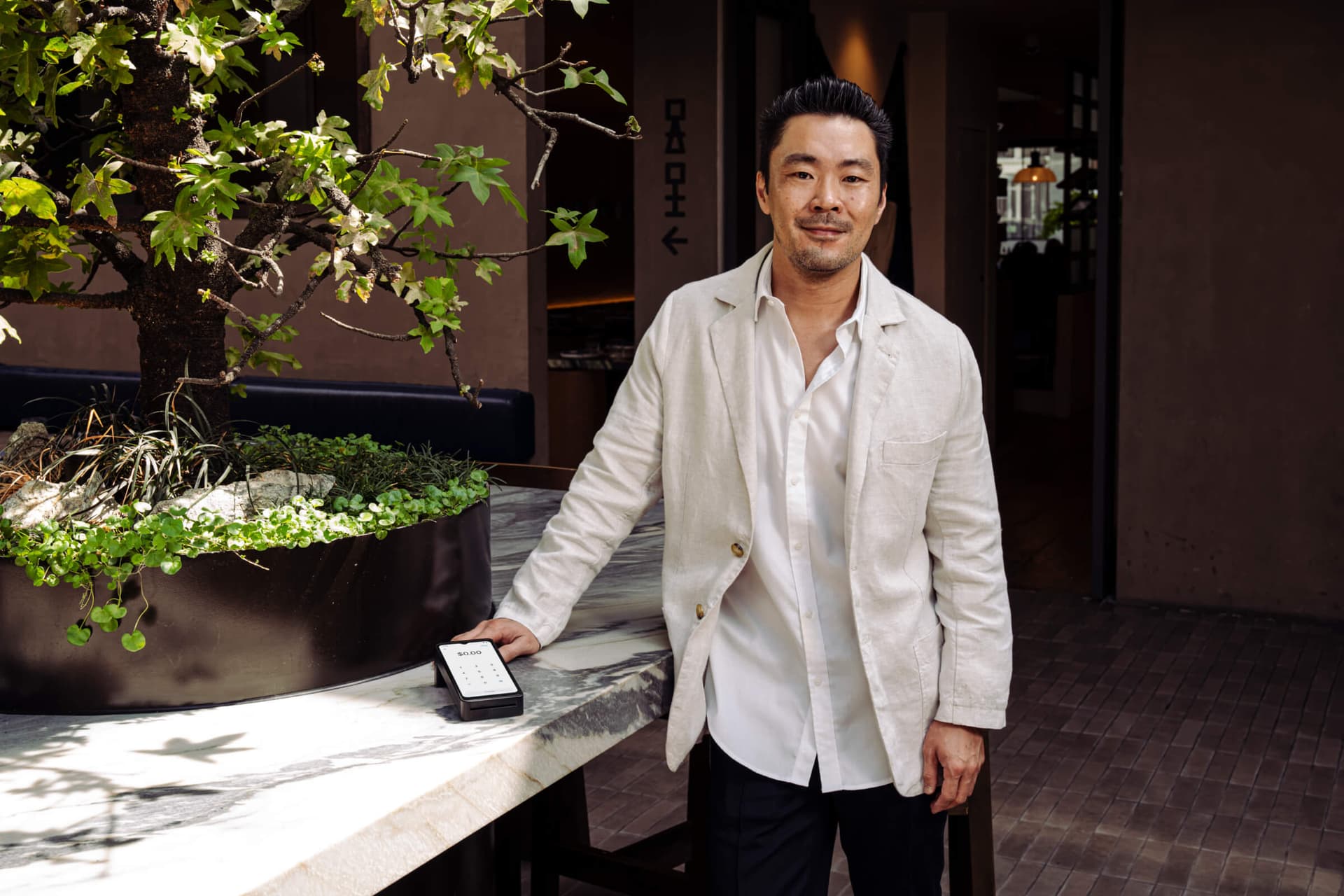
Joong Charpentier
With those three elements comes the need for multiple teams and careful coordination in order to provide consistent quality and service throughout the venue. “Staffing is the biggest challenge,” says Joong, “Finding the right team members and maintaining consistency. Whether it's your product offering, trading hours, messaging, or back-of-house policies: consistency is key. And you need to find the right people to achieve that,” he explains.
Thankfully, the hospitality industry is producing more professionals today than ever before, and offering them opportunities to learn and grow within the industry: “We invest time and energy into training our team members,” says Joong, “Because people now understand that this is a professional industry. You can apply yourself and have a successful and rewarding career, it’s no longer just a weekend job or something you’re doing to put yourself through uni."
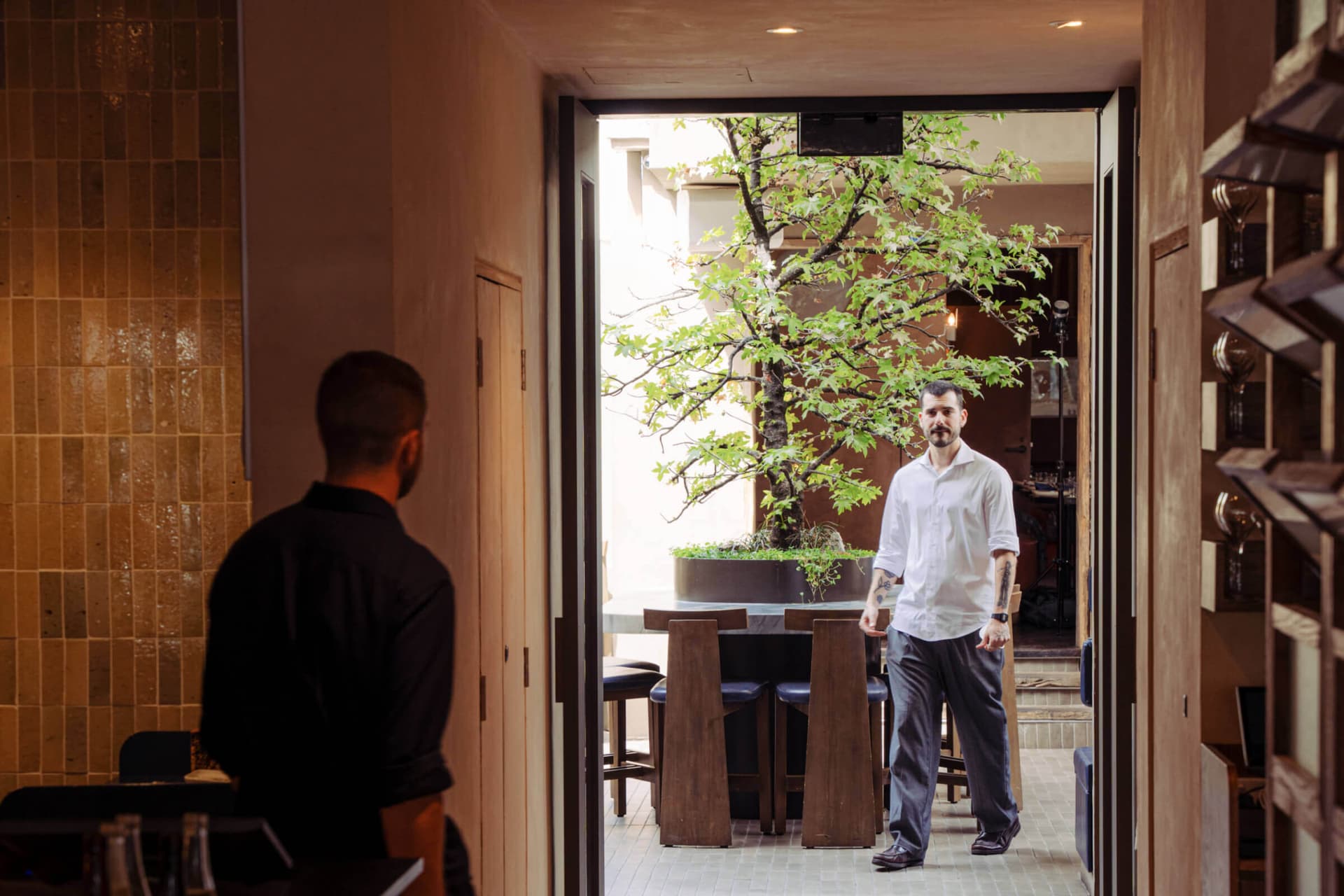
Parallel to the professionalisation of the industry, Joong has also experienced the shift in technology available to restaurateurs. Being able to access data today, enables venues like Tanuki to hone in on and optimise different areas of the business – from customer service to inventory management, and pricing. “The more information that we have on the way a guest likes to enjoy their time in the venue, the better the experience we're going to provide,” says Joong. “We use SevenRooms to manage our reservations. It syncs up to our point-of-sale system, H&L, and allows us to track everything the guest orders and allows us to make profile notes. So, if you come back in six months time and say ‘I had a really great wine here last time’, we’ll be able to track it down for you,” explains Joong.
The flow of data between separate providers has been a key development in recent years, unlocking even more opportunities for hospitality professionals to speed up their processes and conduct richer analysis. One such integration was that of H&L point-of-sale system with Zeller’s payment platform, giving rise to Pay at Table: a solution that allows wait staff to view open tables, see outstanding bills from across the entire restaurant, accept payments and close tables — all from one device, while keeping the point-of-sale free for other staff to use.
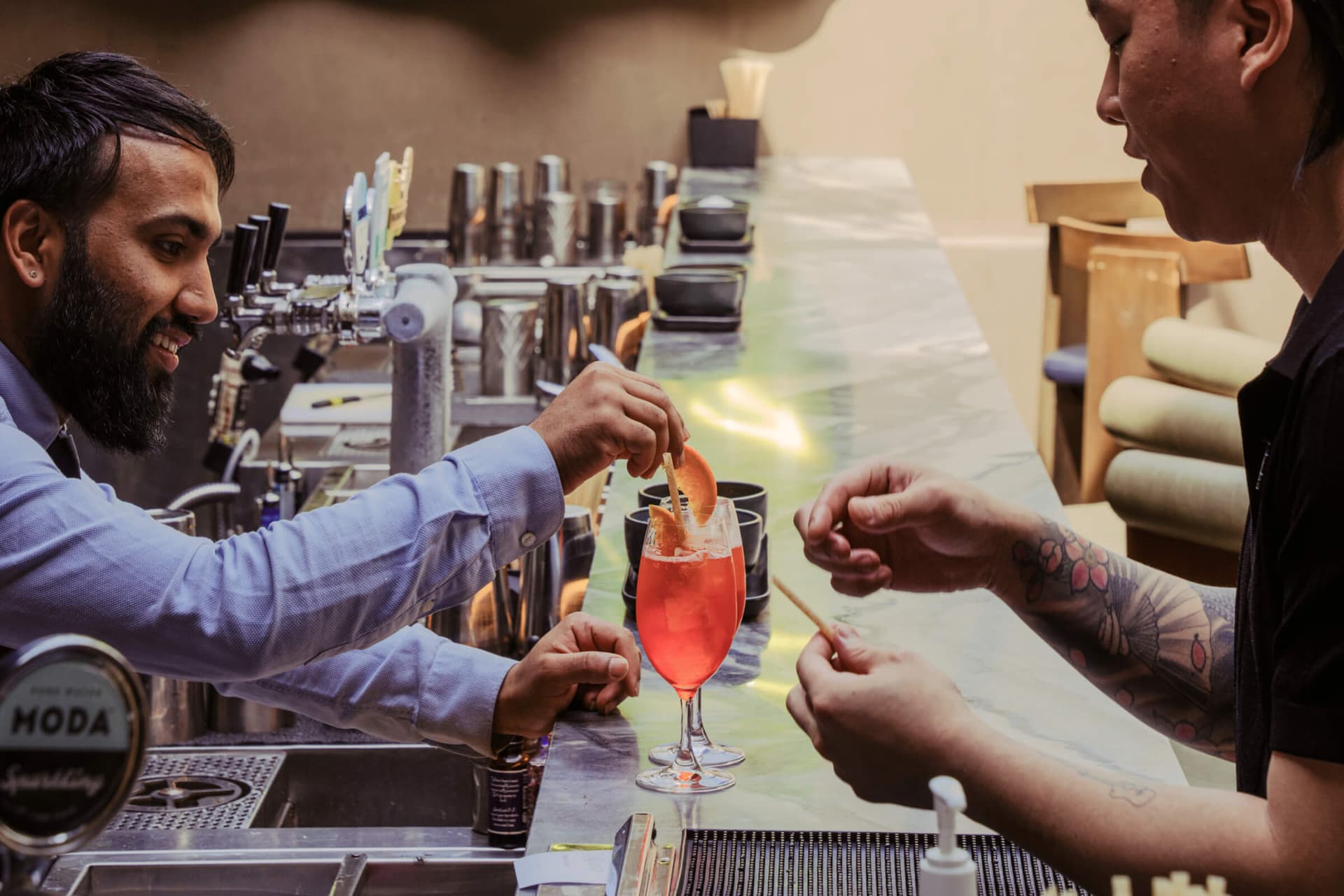 “I remember when you used to have to manually enter everything on your EFTPOS machine and then go back and close it off on the POS afterwards,” says Joong, “You'd have to balance what was taken on the machine against your till and it wouldn’t always match up. Pay at Table now just saves us so much time doing cash up and running end-of-week reports and reconciliation,” he explains. “It’s also so much easier for the staff… They spend less time worrying about discrepancies between the POS and the EFTPOS machine which means they can spend more time doing what they should be doing, which is service and looking after the guests.”
“I remember when you used to have to manually enter everything on your EFTPOS machine and then go back and close it off on the POS afterwards,” says Joong, “You'd have to balance what was taken on the machine against your till and it wouldn’t always match up. Pay at Table now just saves us so much time doing cash up and running end-of-week reports and reconciliation,” he explains. “It’s also so much easier for the staff… They spend less time worrying about discrepancies between the POS and the EFTPOS machine which means they can spend more time doing what they should be doing, which is service and looking after the guests.”
For a high-volume venue like Tanuki, where no less than twelve EFTPOS machines are in circulation at any one time, with double as many staff members running the front and back of house: efficiency is key. “It's pretty organised. You have to be,” says Joong, “It allows us to do our forecasting and budgets, not just week to week, but months in advance,” he says. Not only is Joong’s approach paying off in customer satisfaction, but it’s setting the business up for future growth. With a private dining room, a premium cocktail lounge, and CBD spinoff all set to open before the summer’s out, Tanuki might be playful and impulsive by name, but it’s very intentional by nature.
